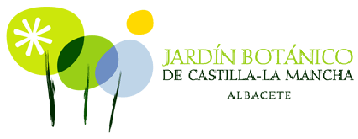Resumen
Misconceptions of science principles are frequent among university students. This is particularly problematic in teacher education, as these misconceptions can be passed on by teachers to pupils at school. In this study, 40 preservice teachers studied 8 common misconceptions by 3 different approaches: learning by teaching (LbT) and learning from peers (LfP; both organized in cooperative groups and using self-developed activities) and conventional lecturing. Participants’ understanding was evaluated prior to, 1 month after, and 2 years after instruction, together with their views on the effectiveness of these methods for achieving learning. The 3 approaches improved scores on all posttests, but LbT achieved the best results. This coincided with perceptions of the participants who gave diverse reasons for the success of LbT. For lecturing, the longitudinal perspective showed that gains in student learning at 1 month had partially declined by 2 years, even though there was still a medium effect size compared to the pretest. However, for LbT and LfP gains remained statistically stable throughout. A combination of these methods might not only contribute efficiently to conceptual change for a good number of misconceptions but also connect teacher education to an almost real school classroom, giving opportunities to translate student learning into teaching practice.


Leave a Reply